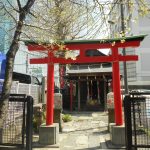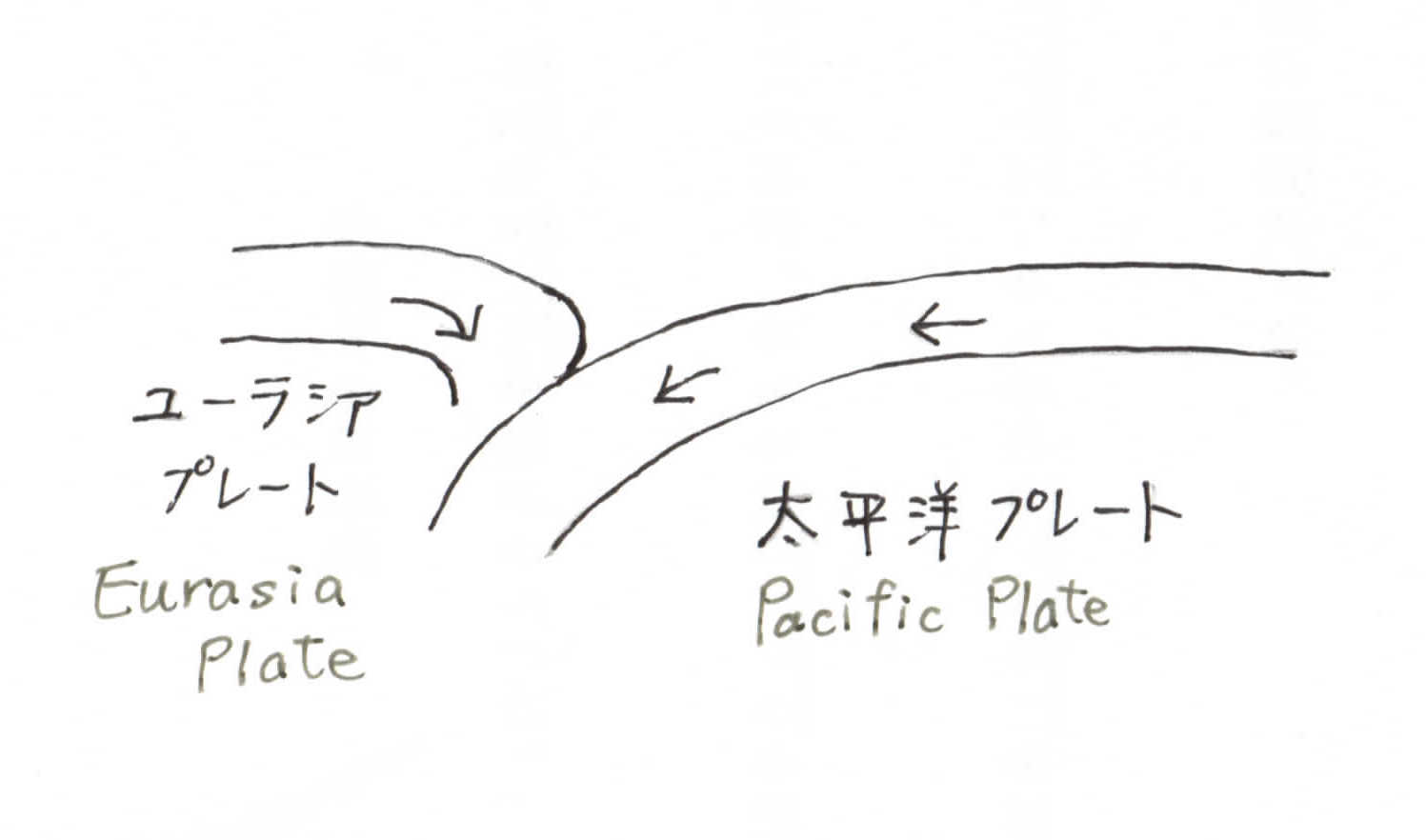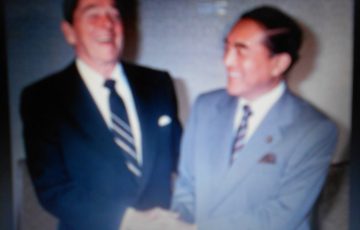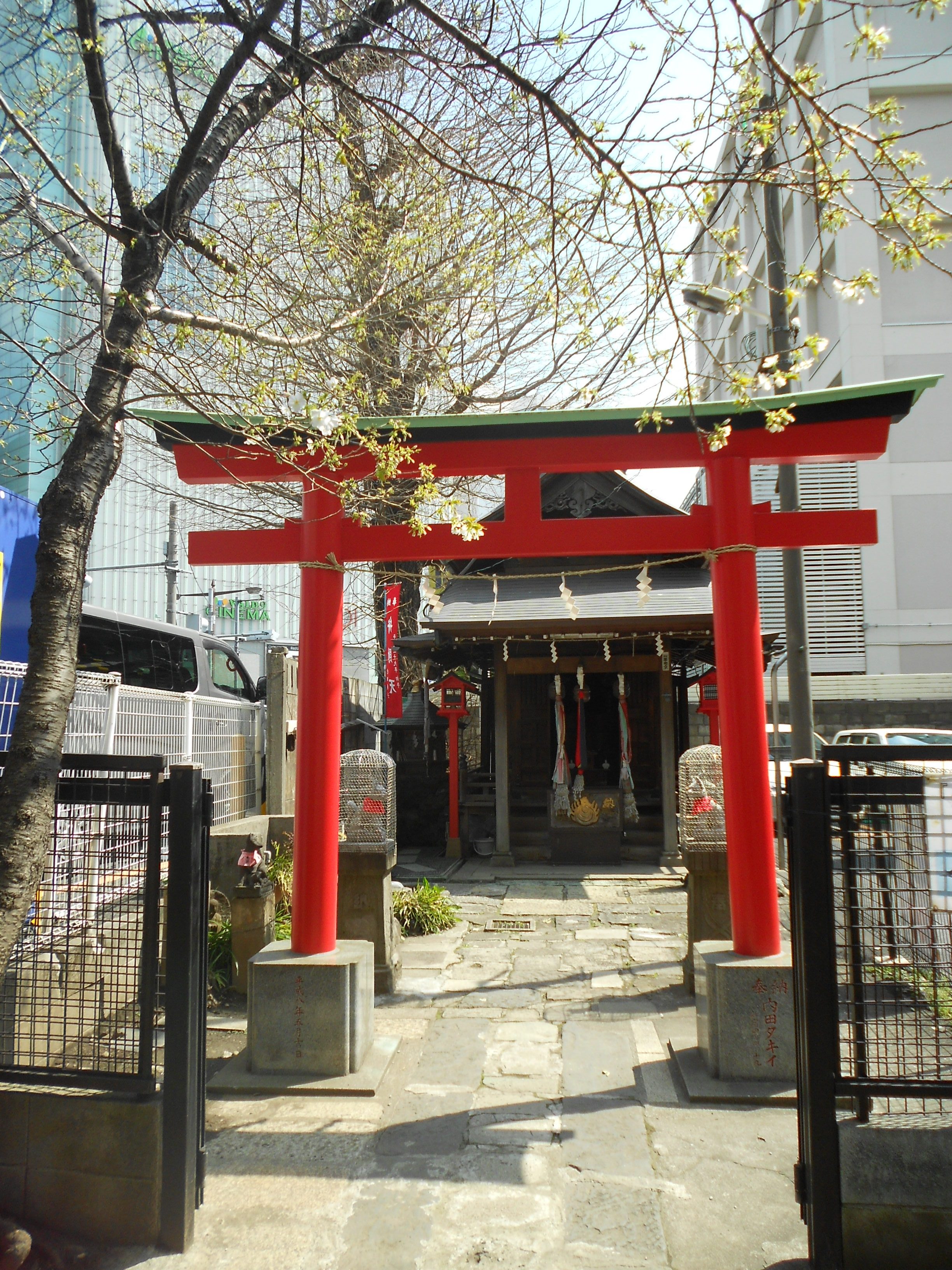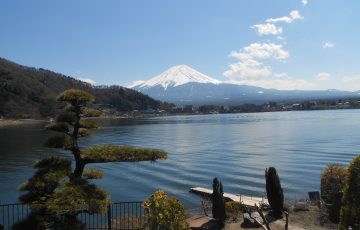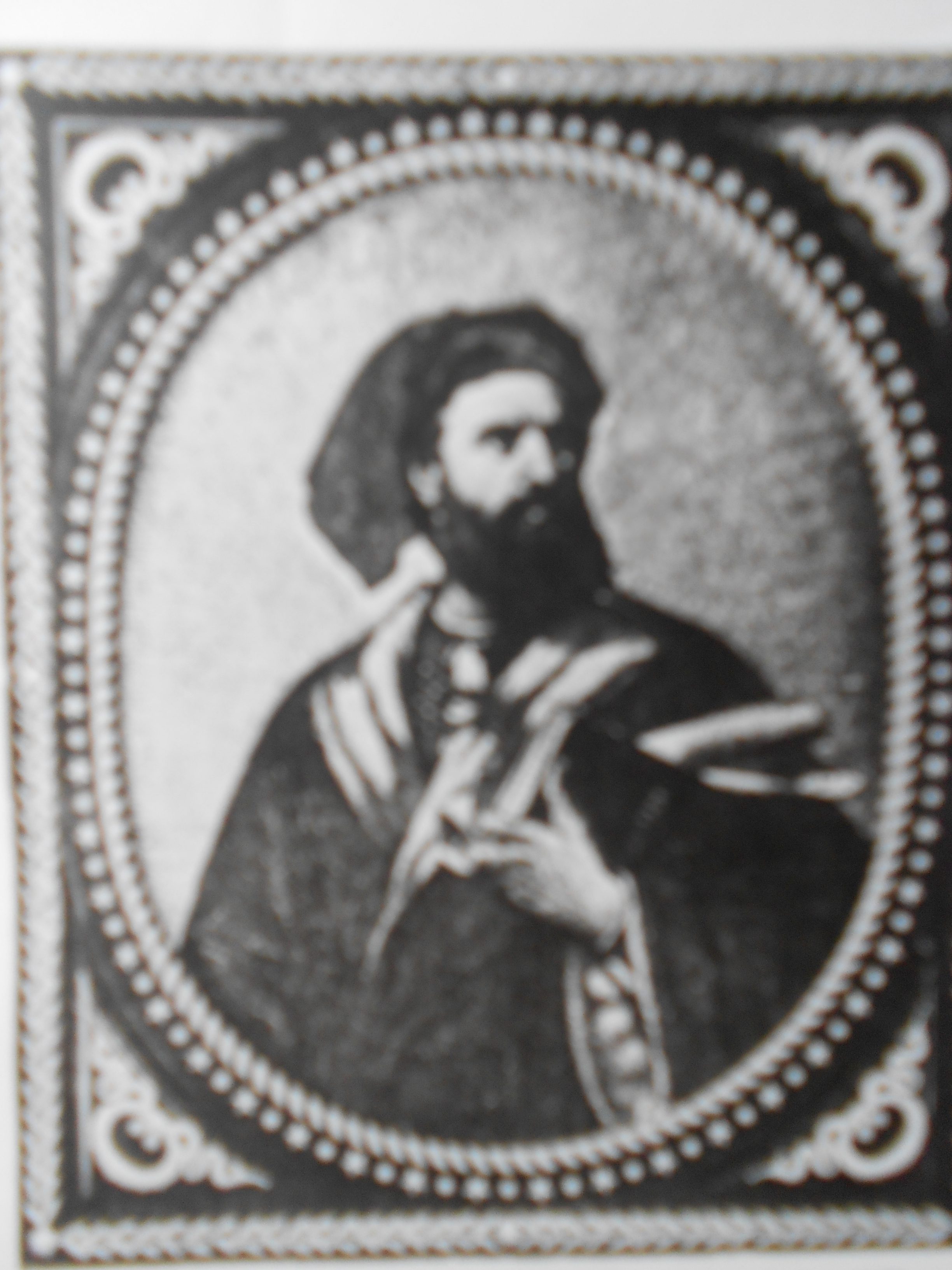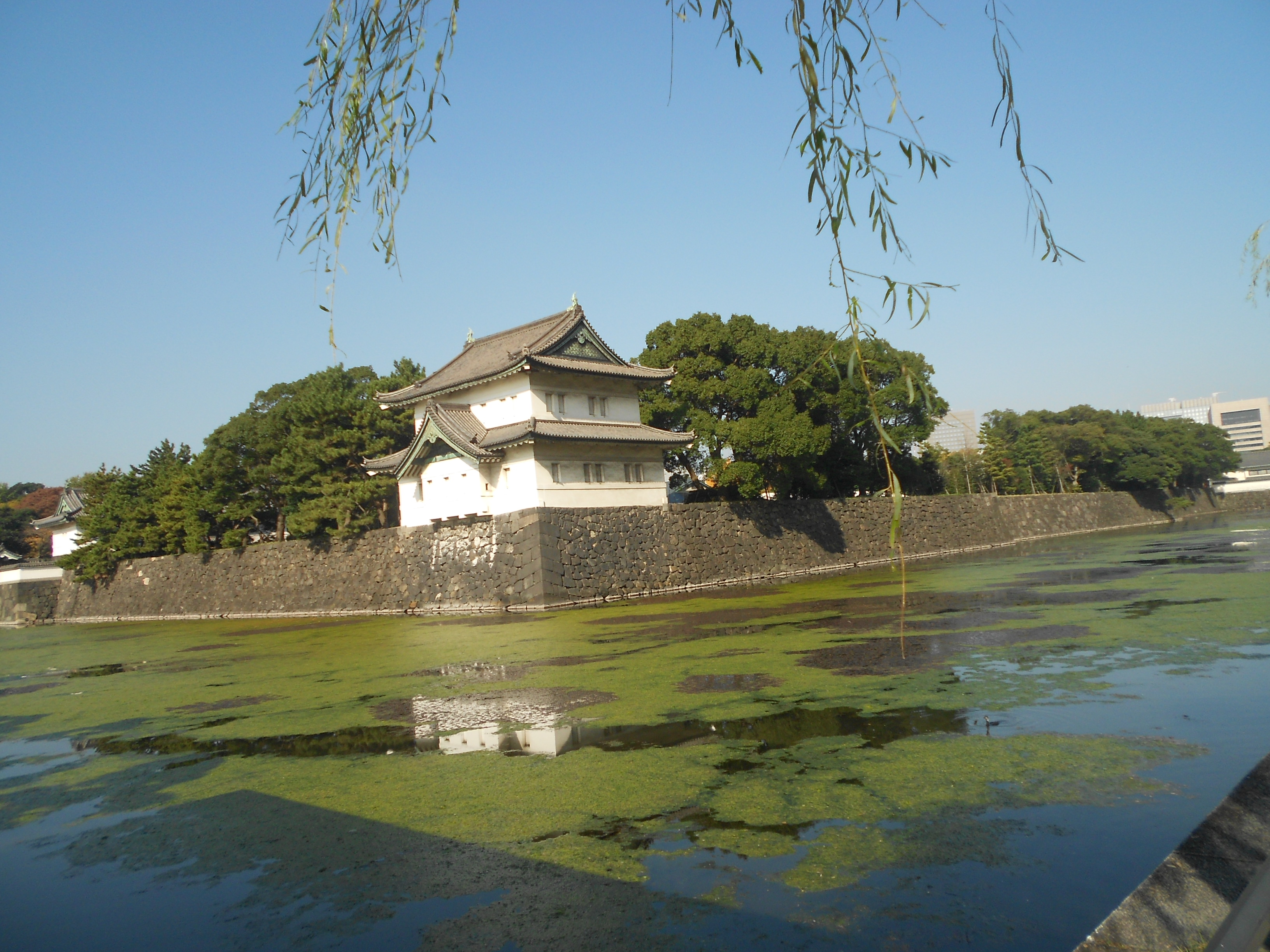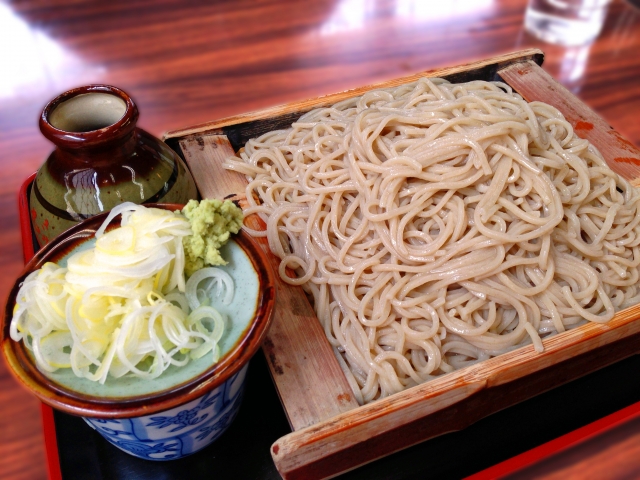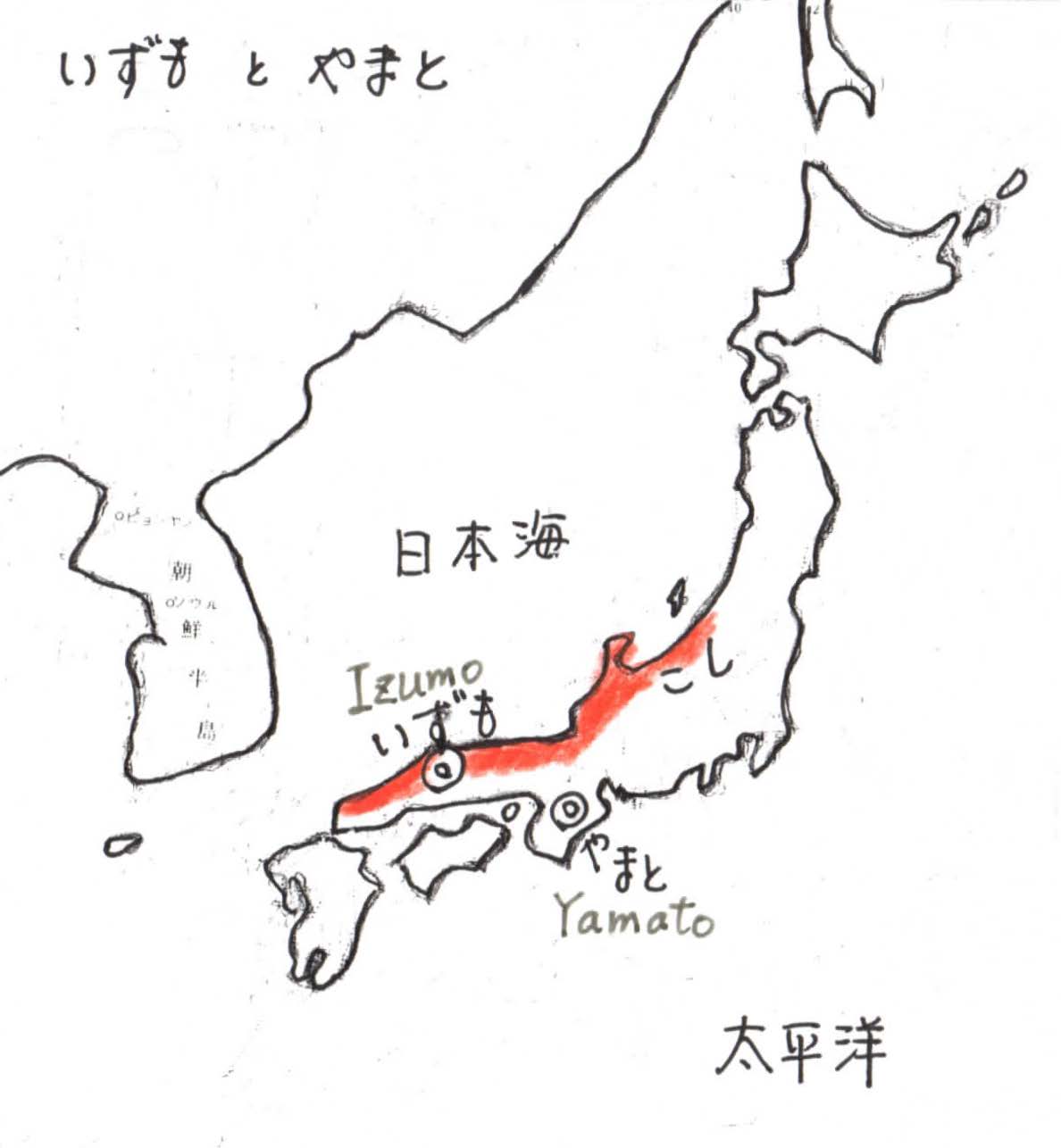Every year, at the end of the year, Beethoven’s “Ninth Symphony” is performed at many concerts in Japan. There may be various reasons, but it seems that two main reasons are as follows.
☆ 1 Orchestra after World War Ⅱ
The management of an orchestra would be difficult at any time, but it was especially difficult just after the World War II in Japan. The Japanese Symphony Orchestra (the present NHK Symphony Orchestra) was having just such difficulties after World War Ⅱ.
It held concerts of “Ninth Symphony” for three nights in December 1947, and a large audience came. Families and friends of many members of the orchestra and chorus came to listen to the concerts so that tickets sold well.
The “Ode to Joy” part of the “Ninth Symphony” is cheerful and easy to remember, so amateur chorus groups can perform it, which many did after World War Ⅱ. The custom of performing “Ninth Symphony” at the end of the year became popular and continues to be very popular.
☆ 2 During World War Ⅰ- German POW camps
Another story is that German soldiers captured by the Japanese army in Shandung, China during the World War I, were allowed to sing Beethoven’s songs in the camp of Tokushima. Usually the image of POW (Prisoner of War) camps during wars was dark, cruel and terrible, but this is one of the few good stories.
In 1914, at the beginning of the World War I, by the request of the allied country, UK, Japan declared war on Germany and attacked German leased territory, Qingdao, Shandung (青島, 山東) in China. Japanese army attacked with overwhelming force of 30,000 soldiers and German army surrendered in only 12 days. Four thousand six hundred German soldiers captured in Qingdao were brought to Japan.
They were housed in 12 camps all over Japan. Some of the camp directors commanded in the strict Japanese army style. They were harsh on the German soldiers. But the director of the Tokushima camp, Matsue Toyohisa (44 years old) said, “These soldiers fought for their motherland. We should treat them in a humanitarian way.” Among about 200 soldiers in Tokushima camp, there were many “volunteers” with some talents and techniques, so Lieutenant Colonel Matsue made places where they could show their abilities as much as possible, including baking bread, tailoring clothes, and woodworking.
He also allowed them to play sports, swimming, football and so on freely, though within a fixed range. Nakano Yoshio who was a student of Tokushima junior high school next to the camp, said that he learned soccer from the Germans. (*1 )
Matsue Toyohisa loved music too, so he made a Tokushima Camp Orchestra and a chorus.
☆ 3 Matsue Bando POW camp commander
Three years later in 1917, the POWs of the other camps in Shikoku were gathered into Tokushima camp and about 1000 people were consolidated in the “Bando” POW camp, which was newly built in a wide area northwest of Tokushima City. (*2 )
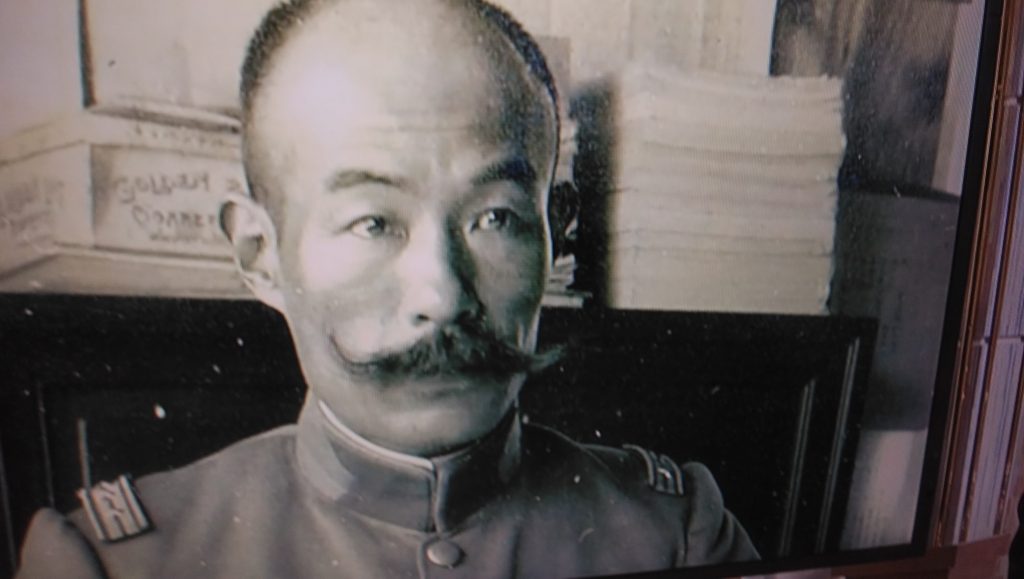
Lieutenant Colonel Matsue became the commander of the new bigger camp. He continued to allow the Germans to do various activities in many fields.
There were about 40 shops in the courtyard of the camp, including a shoemaker, photo shop, barber shop, ice cream shop, and even a newspaper was issued.
They had also their orchestra and chorus. It is often said that they played Beethoven’s “Ninth Symphony” for the first time in front of a Japanese audience. There were exchange parties with the Japanese people in the neighborhood. The Germans were called in a friendly way “Doitsu san (Mr. Germany)” by the neighboring Japanese people.
☆ 4 Why could he act with good faith?
Why was Lieutenant Colonel Matsue able to act with the German soldiers with good faith, even though there was a strong opposition by his superiors in the Army at that time?
Matsue Toyohisa ‘s father was from Aizu. At the end of Edo period, Aizu clan fought on the Tokugawa government side against the new government, and lost. After new Meiji era, his father suffered from humiliation against the Aizu clan.
Matsue Toyohisa became a military man (The men of Aizu could become only policemen or soldiers). Aizu people were discriminated in the army too. Toyohisa, who grew up watching his father as a child of the Aizu Samurai, knew the humiliation and sorrow of the surrendered. If only the people of the new government side have had a little humanity of Samurai ・・・!
☆ 5 After the War
The Germans who were in the Bando camp returned to Germany after World War I ended in 1918. They made the associations like the “Frankfurt Bando Association” and “Hamburg Bando Association”, and remembered the “Bando Commander”, Matsue Toyohisa.
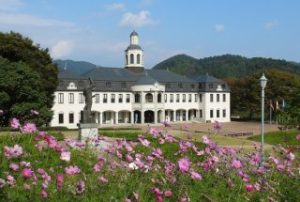
In japan, there is a Memorial museum, “Naruto German House”, in Naruto city, Tokushima prefecture.
In a word
It’s said that German soldiers in the camp of Tokushima played Beethoven ‘s “Ninth Symphony” for the first time in front of a Japanese audience during the World War I, and it became popular in Japan.
――― (*) ———
*1 Nakano Yoshio (1903~1985) A scholar of English Literature was born in Matsuyama city, and he went to Tokushima junior high school. He was also famous for his translations of the novels of Somerset Maugham.
*2 “Bando” is the name of the town where the camp was located. It is 14 km northwest of Tokushima city. (Naruto city, Tokushima prefecture)

